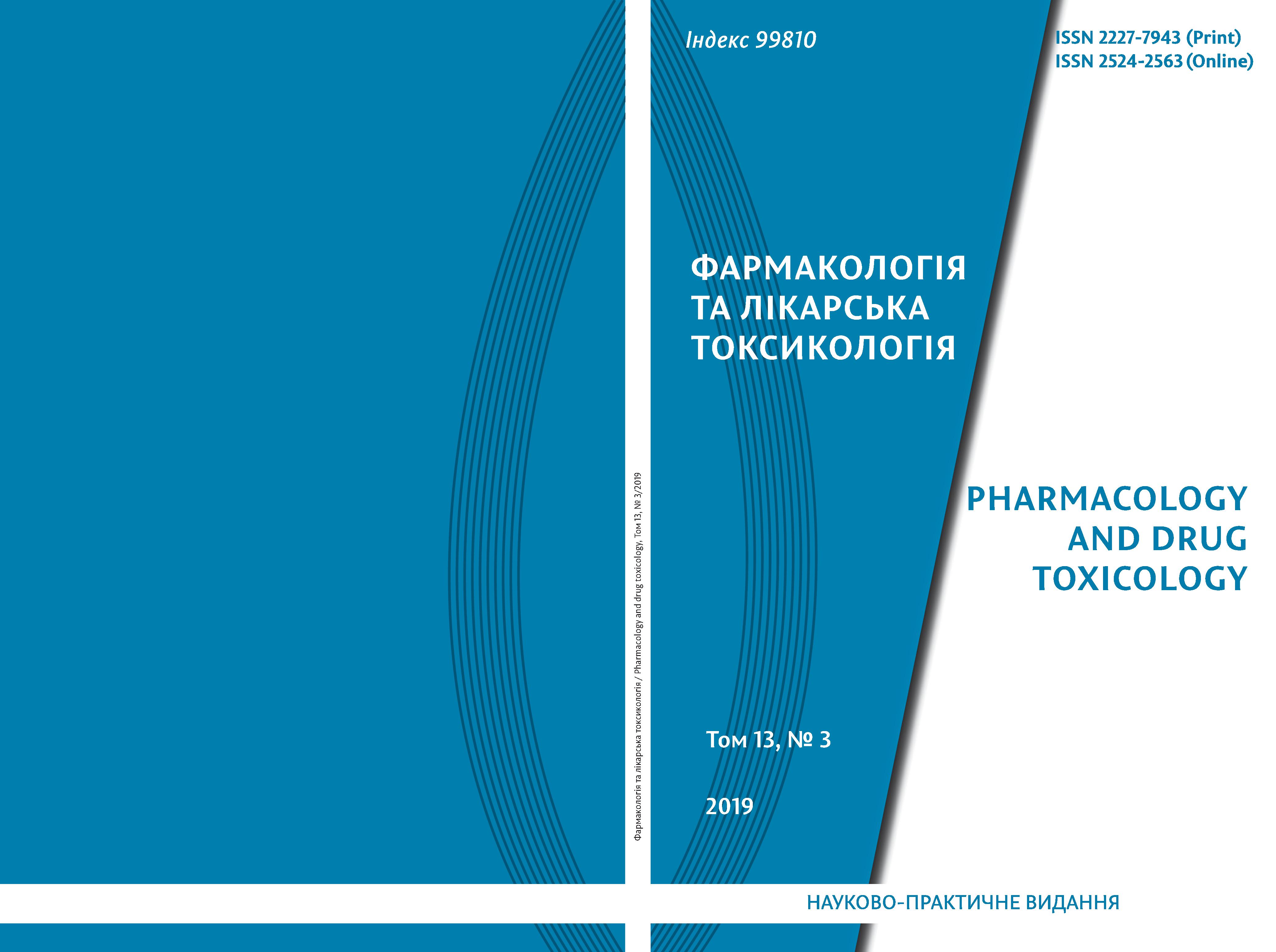Abstract
Nowadays there are a large number of medicines and biologically active compounds with renotropic action, including plant nephroprotectors. However, their effect on the metabolism of Н2S in the kidneys and the role of H2S in implementation of their nephroprotective potential is unclear. The purpose of the study was to research the effect of flavonoids (quercetin, resveratrol) and isoflavones (genistein) on the Н2S system in the kidneys of rats without model pathology and to determine its connection with the functional markers of the glomerular and tubular apparatus of the excretory organs. Experiments were carried out on 40 Wistar rats with weight of 300–330 g. Animals of the experimental groups received intragastrically genistein (5 mg/kg), resveratrol (50 mg/kg) and quercetin (20 mg/kg) in 30 % DMSO, the control group received the equivolume amount of solvents. The content of Н2S was determined spectrophotometrically by reaction with N, N-dimethyl-para-phenylenediamine in the presence of FeCl3; the activity of Н2S-synthesizing enzymes – cistationin-γ-lyase (CSЕ), cistationin-β-synthase (CBS), cysteinaminotransferase (CAT) was estimated by an increase in the sulfide anion content. The utilization of exogenous Н2S in the kidneys was determined by the rate of reduction of the sulfide anion concentration in the incubation medium. The content of creatinine in blood serum and urine was determined by the Jaffe method. Creatinine clearance and water reabsorption factor were calculated using known formulas. The content of sodium and potassium in blood serum and urine was determined spectrophotometrically. The level of protein was determined by the microbiuretic method. Statistical processing was carried out in the program STATISTICA 6.1, significant differences considered at p < 0,05. Among the investigated polyphenols, genistein and resveratrol in conditionally healthy animals significantly increased the enzymatic activity of Н2S in the kidneys: CSE – by 15,1 and 11,7 %; CBS – by 14,4 % and 13,1 %; CAT – by 17,7 % and 13,3 % respectively. Quercetin did not significantly alter the activity of CSE and CAT, and increased the activity of CBS by 17,5 %. Also, all three compounds reliably slowed down the utilization of exogenous Н2S and increased endogenous Н2S reserves in the kidneys of conditionally healthy rats; increased diuresis and filtration capacity of the kidneys; contributed to an increase in the excretion of creatinine, sodium and potassium in the urine and a decrease in their blood levels relative to control; reduced protein excretion in urine against control rats. The highest efficiency was shown by genistein. The correlation analysis has provided additional evidence that the renotropic properties of all three investigated polyphenols are related to the effect on the hydrogen sulfide system. Thus, all of the applied polyphenolic compounds had a powerful effect on the Н2S metabolism in the kidneys of conditionally healthy rats. The most distinct nephrotropic properties and the ability to stimulate endogenous Н2S products were recorded in genistein, less in resveratrol and the least in quercetin. Further studies of protective action on the kidneys of natural polyphenols in terms of their effect on the system of hydrogen sulfide is a promising direction of renal disorders correction.
